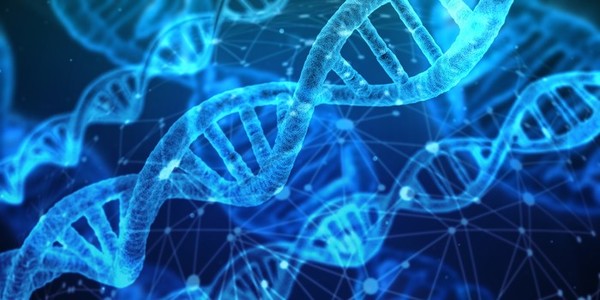Unlike other cancers, anticancer treatments are less effective on brain tumors due to the blood-barrier barrier (BBB). It remains to be seen whether clinical research on the innovative gene therapy (MSC11FCD) can gain momentum in Korea this year.
The cerebrovascular barrier is an internal defense system to protect the brain, a core organ called the human body controller, from external substances. However, even anticancer drugs that are effective in treating cancer cannot pass through the cerebrovascular barrier, reducing the treatment effect of brain tumors.
To overcome this problem, gene therapy has recently been attempted at home and abroad by putting “anticancer drug precursors” that can pass through the blood-brain barrier and “genes” that work to change these precursors from cancer cells to anticancer drugs into neural stem cells.

The innovative treatment is being tried first for “glioblastoma,” which has a poor treatment performance with a five-year survival rate of less than 2 percent. In recent years, a research team led by Professor Cho Kyung-gi of the Department of Neurosurgery at CHA Bundang Medical Center conducted a study on 10 patients with recurrent glioblastoma, proving its feasibility and awaiting approval from the Ministry of Food and Drug Safety.
"Medical textbooks say glioblastoma is a cancer that does not progress for only six months after surgery and treatment (radiation and chemotherapy)," Professor Cho said on the YouTube channel, “CHA Bundang Medical Center,” explaining the background of trying gene therapy for glioblastoma, a brain tumor with poor treatment performance. “Conventional treatment methods cannot save patients."
Brain tumors do not respond to 5-FU, a cytotoxic anticancer drug commonly used in other cancers. That’s because 5-FU does not cross BBB. However, 5-FC, a precursor to 5-FU, can cross BBB. So, a team of researchers at the City of Hope Medical Center in the United States studied whether there was a way to turn 5-FC into 5-FU and found that treatment with the CD suicide gene turned 5-FC into 5-FU.
"The gene therapy group had significantly smaller tumors than the group that was simply treated with 5-FC," Cho said. "Also, when the U.S. researchers injected human gene stem cells into the brains of mice with glioblastoma, they saw that the cells migrated and infiltrated the tumors within a day. So, the U.S. researchers thought that if they put the gene in, it would change to 5-FU and kill all the tumors because 5-FC can easily pass through the blood-brain barrier."
After analyzing the strengths and weaknesses of the various studies conducted by the City of Hope Hospital, Professor Cho’s team, who also has been researching gene therapy for brain tumors for more than 20 years, tried gene therapy on glioblastoma patients who had relapsed after standard treatments such as surgery to remove the tumor.
"We looked at the research of the City of Hope Hospital research team and studied the advantages and disadvantages, thinking that we would get much better results, and with this data, we expect to be able to perform gene therapy by 2024," Cho said, adding that he applied for approval from the Ministry of Food and Drug Safety last year, and if approved this year, research will be actively conducted in Korea.
If the study proves successful, it could open the door to treating other types of brain tumors where chemotherapy is less effective.
"Gene therapy with stem cells transfected with the CD suicide gene is not just effective for glioblastoma," Cho said, noting that it could be tried for other brain tumors where the blood-brain barrier prevents 5-FU from being used.
There is also a reason gene therapy that delivers the cytotoxic anticancer drug 5-FU to the brain is effective against brain tumors, he noted.
"The difficulty in treating cancer is that you can't find the hidden cancer cells, but when you inject stem cells intravenously, they go everywhere and supply the CD suicide gene," Cho said. "Then it turns into a powerful 5-FU to kill all the hidden tumors."
Professor Cho predicted a hopeful result.
"We studied 10 recurrent patients until 2022, and the results were very good," Cho said. “We hope gene therapy in patients who have not recurred will produce a better effect."

